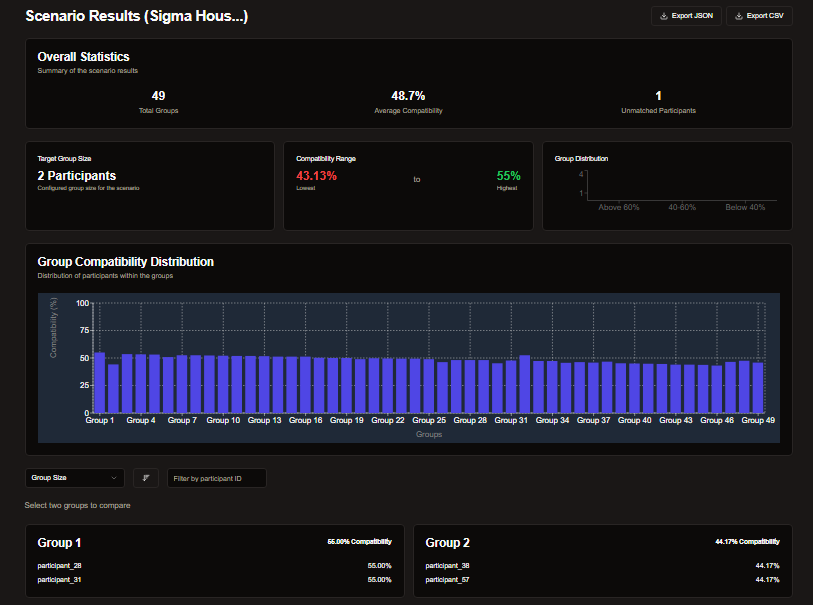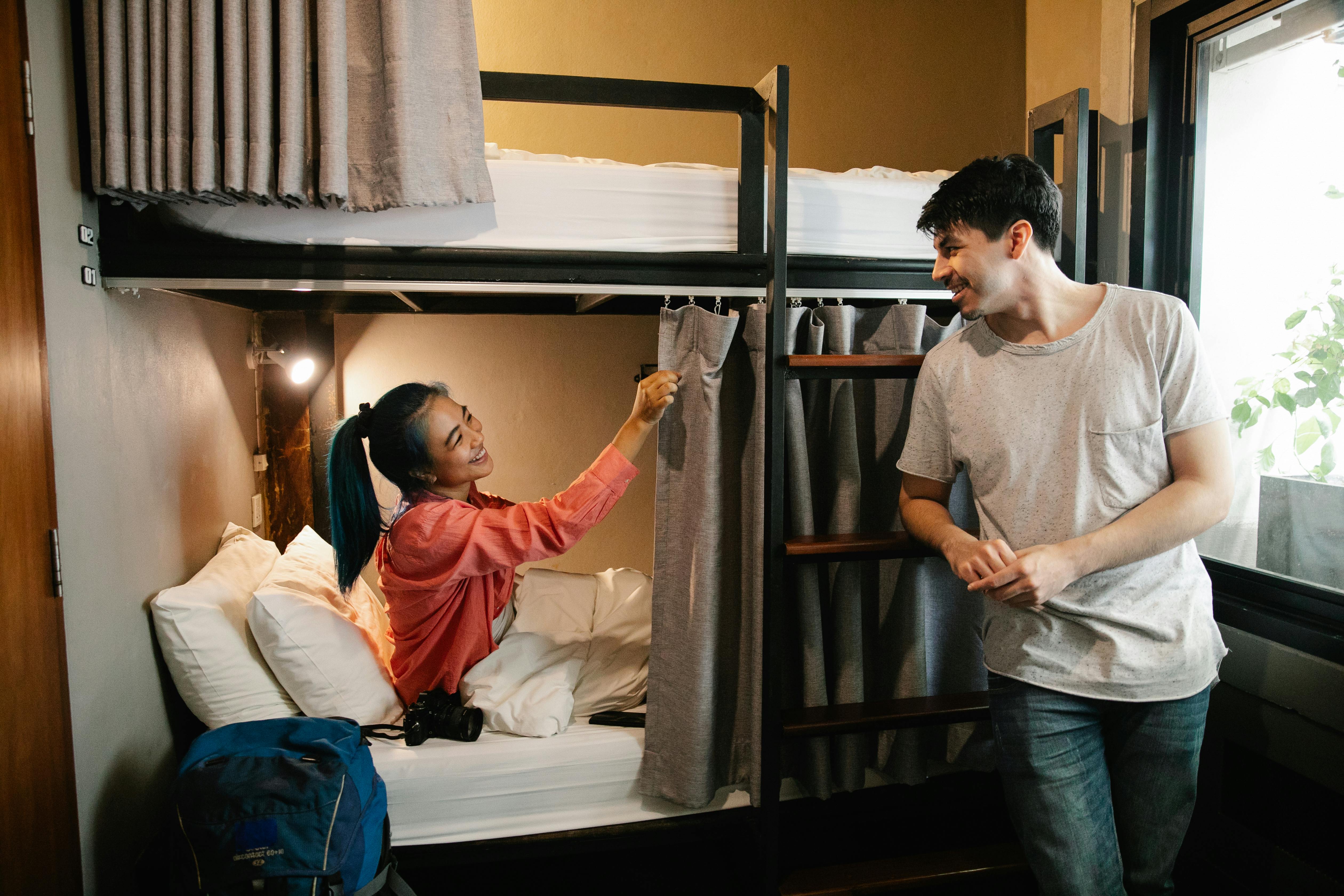The Hidden Cost of Bad Roommate Matches in Student Housing

Roommate matching often gets treated as an administrative checkbox in student housing. But make no mistake: mismatched roommates can lead to more than just awkward silences or passive-aggressive notes. From academic disruption to early move-outs, the impact of a poor match can ripple across a student’s entire college experience.
With the help of smart compatibility tools like Easy Pairing, universities can prevent these mismatches and foster environments where students not only cohabitate—but thrive together.
The Ripple Effects of a Bad Match
When two students are placed together without meaningful compatibility checks, the results often go beyond simple inconvenience:
Academic Performance Declines
Sleep disturbances, constant conflict, or lack of study space can lead to missed deadlines and lower grades.
Mental Health Strain
Living in a tense or hostile environment increases stress, anxiety, and isolation—especially for first-year students.
Financial Consequences
When students break leases or request emergency transfers, housing departments often incur administrative costs. For families, this could mean paying for alternative arrangements or added commuting expenses.
Higher Attrition Rates
A negative first-year experience can even push students to transfer schools or drop out altogether.

Why Traditional Questionnaires Fall Short
Many housing forms only ask basic questions like:
- Are you a night owl or early riser?
- Do you smoke?
- Do you prefer a quiet or social environment?
While helpful, these questions don’t capture deeper behavioral or personality dynamics—like conflict resolution styles, personal boundaries, or communication preferences.
The Easy Pairing Advantage: Compatibility-Driven Matching
Easy Pairing uses a data-rich compatibility engine to match roommates based on a holistic understanding of:
- Lifestyle habits (sleep schedules, cleaning routines, study patterns)
- Personality traits (introversion vs. extroversion, openness, tolerance)
- Conflict style and communication preferences
- Academic goals and living priorities
- Cultural or religious considerations
By treating roommate selection as a psychosocial match, Easy Pairing helps universities foster a healthier, more resilient residential culture.

Better Matches, Better Student Outcomes
Universities that implement compatibility-based roommate matching often see:
- Reduced transfer and early termination requests
- Improved satisfaction in housing surveys
- Higher first-year retention rates
- Fewer conduct violations and conflict reports
Roommate harmony sets the tone for campus engagement, academic confidence, and long-term student success.
An Investment Worth Making
Even minor mismatches can become major distractions. With the right tools, these issues are completely preventable. By integrating Easy Pairing into the housing assignment process, schools take a proactive approach to well-being and academic performance.
Conclusion

Roommate selection isn’t just about logistics—it’s a foundation for student success. With AI-powered compatibility matching from Easy Pairing, institutions can eliminate the hidden costs of bad roommate matches and create living environments where students can truly focus, connect, and grow.